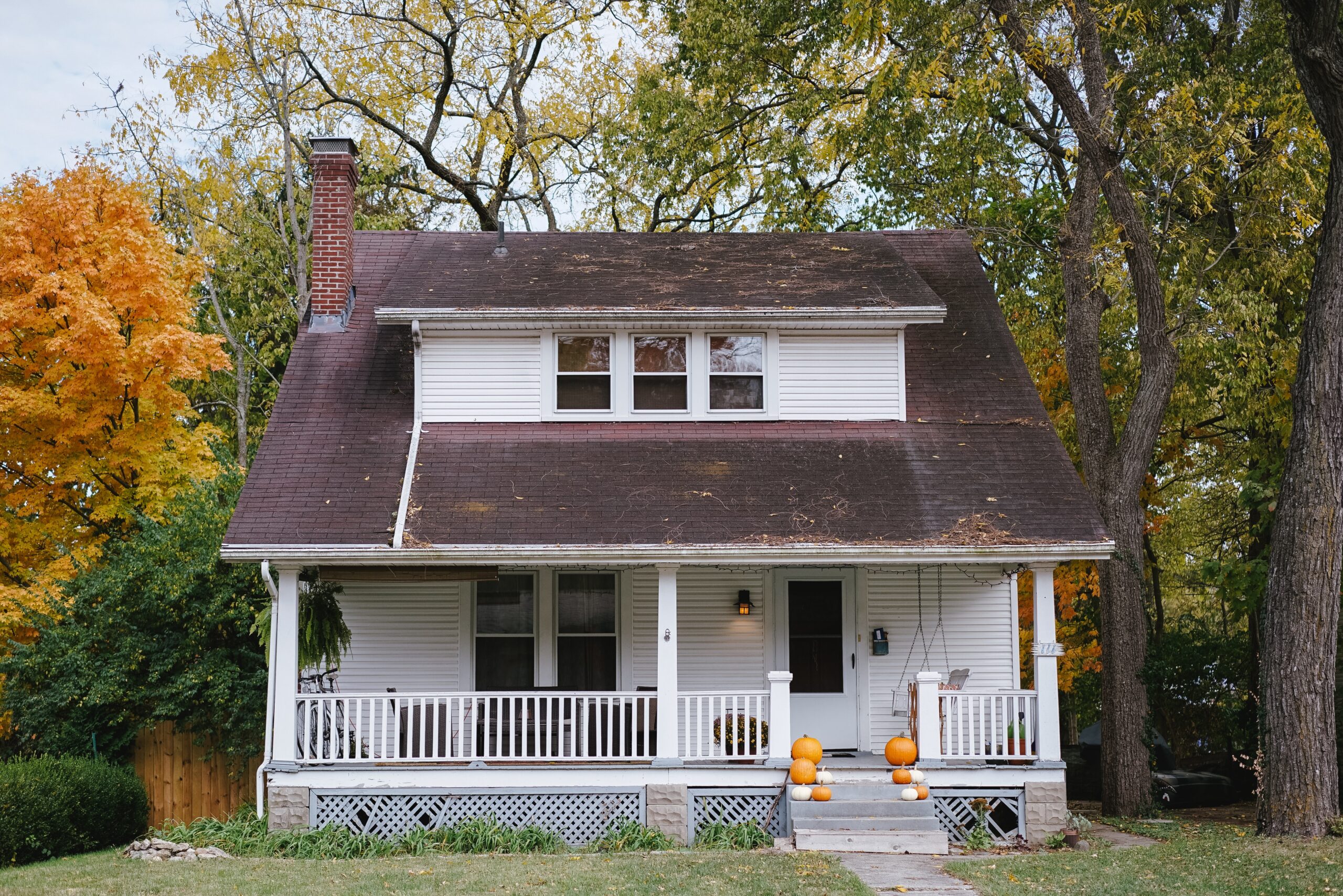If you’re considering selling your home, you’re probably aware that move-in-ready homes are selling fast. Inventory is low, and buyers are eager!
If you’re selling a distressed home, though, it’s not quite the same situation. Distressed homes are sitting on the market longer. Let’s go over why this is, and what your choices are as the seller of a distressed home.
Why aren’t distressed homes selling quickly?
Many buyers may be shy to bid on a distressed home due to the renovations required. As the cost of materials has soared, renovation costs have followed. There’s also a shortage of workers in the construction industry, so many renovations are taking longer than planned. Understandably, buyers don’t want to get into a situation where an unknown amount of time and money will be required before they can move into their new home. Furthermore, many people just don’t have the skills required to successfully rehab a home in a way that’s cost effective, or they may (understandably) lack the desire to do so.
What does this mean for you, as a seller of a distressed house? Luckily, you have some options.
Option 1: Get ready to wait.
If you aren’t in a huge hurry to sell, you might want to list your home and wait for the right buyer to come along. Just be aware that you may be waiting quite a while. A truly distressed home may not qualify for a mortgage, so you will need an investor with cash to buy. If you’re selling to a private investor, you want to be sure that they have cash on hand rather than money tied up in other investments—otherwise, you could be waiting even longer for them to liquidate their assets to complete the purchase.
Option 2: Fix it up before listing.
Another option is to fix up your distressed home before putting it on the market. If you want to go this route, we suggest getting a thorough inspection first so that you have an accurate idea of everything you’ll need to fix.
Of course, if you’re the one doing renovations, you’ll run into the same problems that we mentioned before: renovations are currently taking an unprecedented amount of money and time. If you have the skills to do some things yourself, you can at least cut down on some cost and time, though you’ll still find materials to be expensive.
Make sure you understand the real cost of renovations. You want to keep an eye on your return on investment, or ROI, for each improvement—you don’t want to put money into a house that you won’t get back in the sale. By choosing to fix up your house before selling, you also run the risk of uncovering additional costly issues during the renovation, like lead or mold problems.
Option 3: Sell to MarketPro.
If you don’t want to put your home on the market and wait around—but also want to avoid the risk of fixing it up—there’s one option left.
You can sell your home to MarketPro Homebuyers and get a cash offer now—no waiting and no risk.
Work with MarketPro Homebuyers
If you’ve decided to sell your distressed house, we’re here to help.
We’ll give you a fast and fair cash offer for your current home just as it is now; no repairs, no inspection, no commissions or fees. You can even choose your exact closing date to coordinate perfectly with the purchase of your new home. Our team will walk you through your quote, including a review of what your home would likely bring on the open market.
If you’re in Washington, D.C., Maryland, Virginia, Pennsylvania, or Florida , we’d love to show you how easy and stress-free the sales process can be. Contact us today for a same-day, no-pressure quote.




